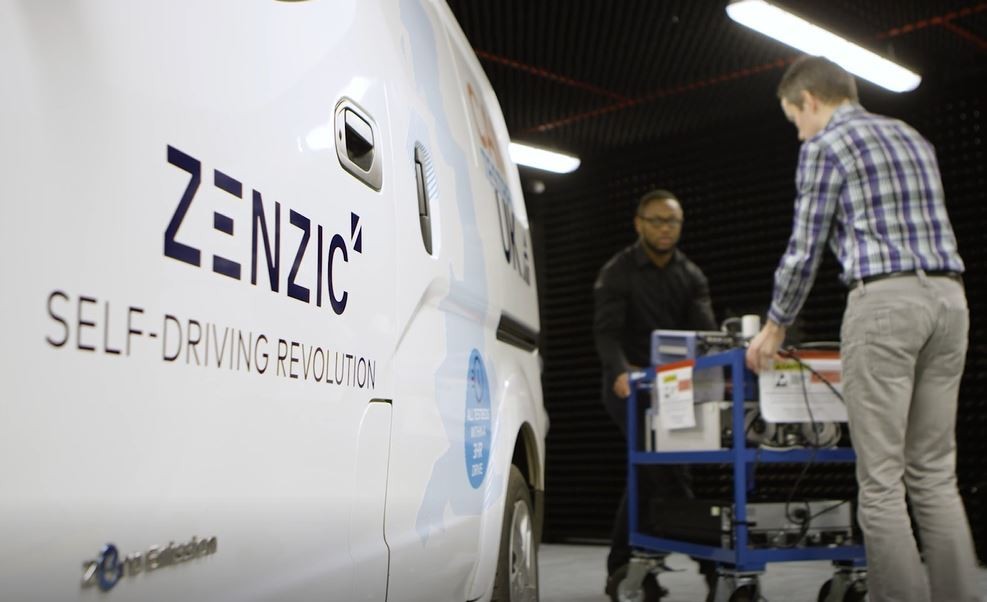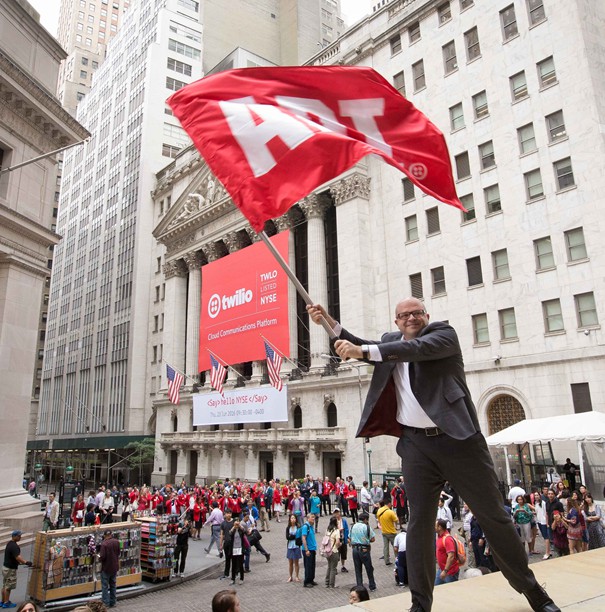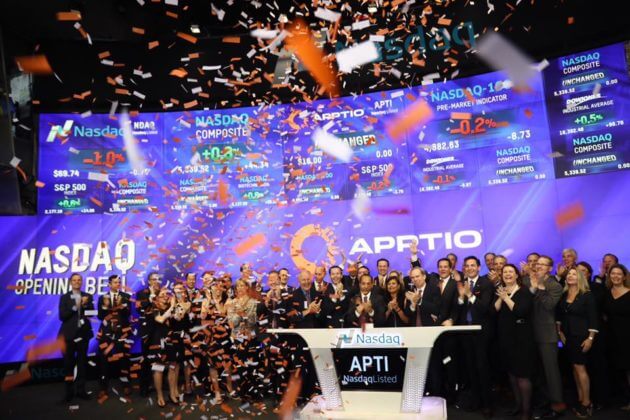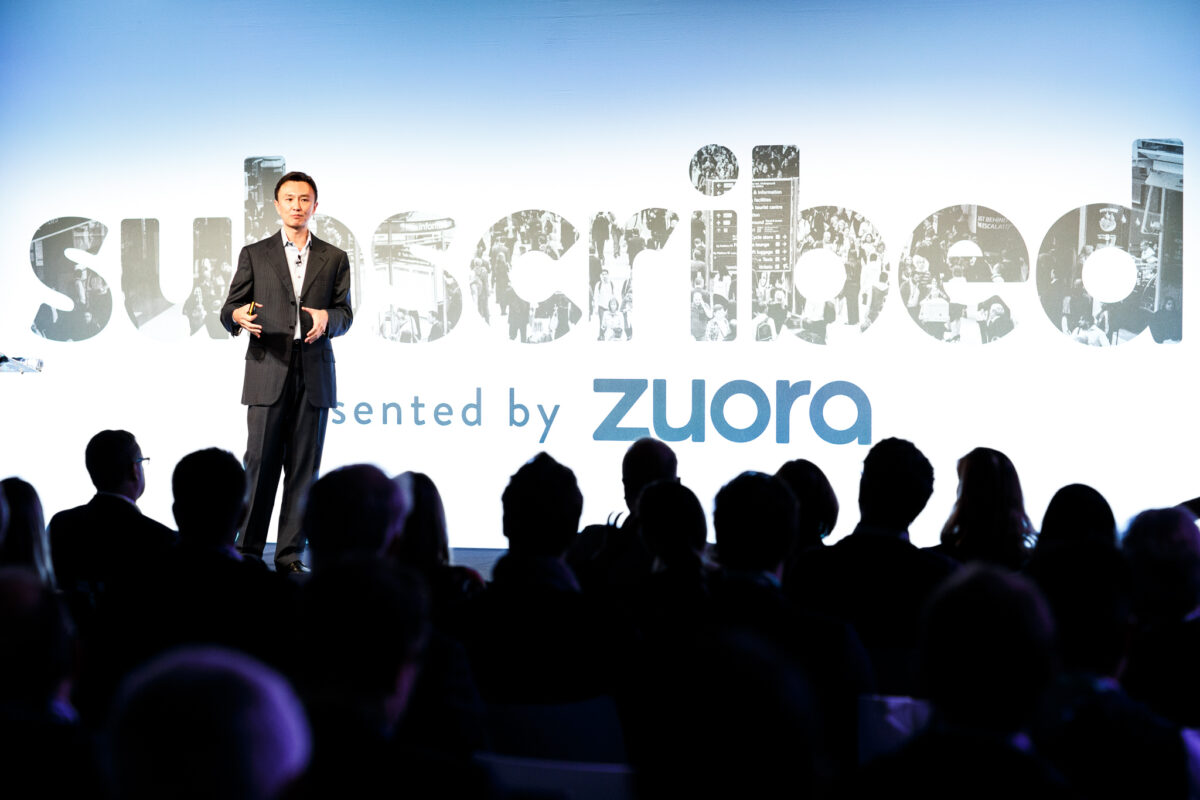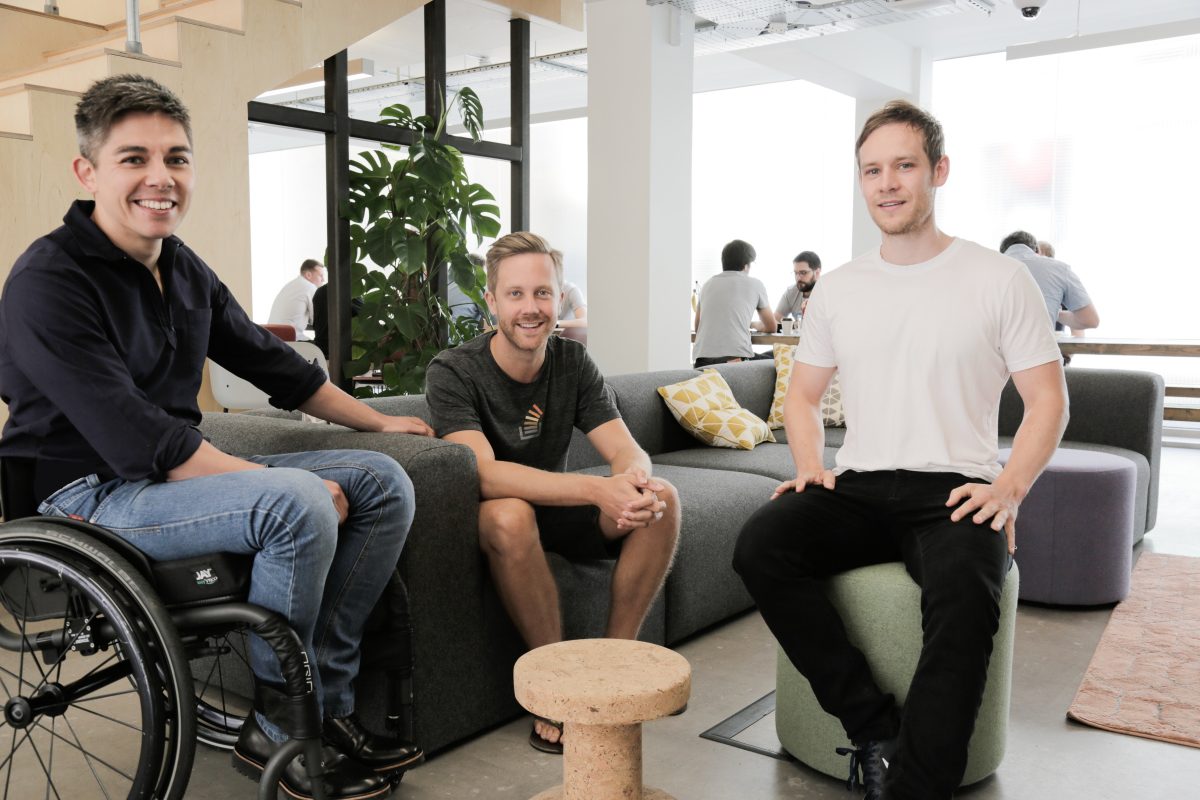Last week, one of our colleagues went to Lisbon, for a client event at WebSummit. Everyone was giddy. Abroad? On a plane?! It’s like you’re in Mad Men! We’ve spent so long inside our own houses that going abroad still seems wild, even more so if it’s for work.
After a year of broadcasted events and Teams calls, many organisations have found the transition surprisingly successful, despite being cut off from real-life interaction. With such good evidence, will business leaders be able to justify that business travel is needed to meet targets?
Meanwhile, it’s more than ROI we need to think about; more fundamental questions are at stake. Following COP26, the UK treasury has said that firms will now have to demonstrate their plans to achieve net zero when it comes to carbon emissions[1]. Given that plane travel is listed as the number one emissions offender, international travel has started to look like an elephant in the room.
So, do we really need to travel for business anymore?
Boom and bust
The key driver behind business travel is usually to allow in-person interaction. Face-to-face hobnobbing – whether it’s sales meetings, pitches, events or networking – have always been viewed as a crucial part of successful business; a not-so-secret component to how relationships have been forged, and deals struck.
The media world in particular has held a reputation for putting face-to-face relationship-building at the heart of the business model. As Absolutely Fabulous captured so well, this was typically done via long lunches curtesy of the company credit card.
Journalists and PRs alike lament the decline an era when businesses regularly flew cohorts of journalists (and accompanying PR execs) out on business-class, all-expenses-paid jaunts, all in the name of top tier coverage.
This is the hangover from a long period of boom where there seemed to be far less scrutiny than there is today over outgoings, expenses and ROI. Bill Bryson recalled working at The Times in the 1980s: “Overmanning and slack output were prodigious…To say that Fleet Street in the 1980s was out of control barely hints at the scale of the matters. The National Graphic Association, the printer’s union, decided how many people were needed on each paper (hundreds and hundreds)…Managements didn’t even know how many they employed. I have before me a headline from December 1985 saying: ‘Auditors find 300 extra printing staff at Telegraph’. That is to say, the Telegraph was paying salaries to 300 people who actually didn’t work there.”
This era of free-and-easy spending has long been in decline for a number of reasons. Firstly, there’s a lot less money sloshing around in the economy following the financial crash. Even before the pandemic, businesses and agencies needed to provide a robust business case for any expenditure like business travel and client entertainment.
Technology also played a part in the decline; it had begun to provide more creative ways to communicate with business contacts. Why travel to Birmingham for a customer meeting when you can video call? Why run an event in Spain when the whole thing can be broadcast online?
From an agency perspective, it’s become a lot harder to get journalists out of the office. Publishers are short staffed and struggling to get by; an afternoon out of the office needs to be worth it.
The new normal
2020 really expedited this trend. Global business travel expenses contracted by 52% in the face of lockdowns and ongoing restrictions. Yet, despite no face-to-face meetings or events taking place, the world continued to turn – we simply went online. So, in the aftermath of Covid-19, it’ll be harder than ever to justify expense to finance departments.
Meanwhile, many of us have got used to working from home, spending less time in the city and becoming less available – or indeed willing – to travel to meet others. People don’t want to do their old commute anymore, let alone haul themselves to another city for a coffee with a customer in the name of relationship maintenance. In fact, in a recent piece of research by McKinsey, only 15% of B2Bs expect in-person sales meetings to be the norm going forward.
But that doesn’t mean that it’s over. McKinsey finds that firms think that sales reps have more confidence in a hybrid approach which doesn’t always default to one way or the other: “83 percent of B2B leaders believe that omnichannel selling is a more successful way to prospect and secure new business than traditional, “face-to-face only” sales approaches.”
Considering sustainability
Beyond just budget cutting and cultural change, sustainability is another powerful argument against business travel. Sustainability has become front and centre of discussions about corporate responsibility over the last couple of years. It’s not really good enough to say you ‘recycle (where possible)’ anymore.
It’s not just that the government is going to be scrutinising businesses, but it’s customers too. The last few years have seen a huge surge in interest, concern and activism around the impact we’re having on the planet. People simply don’t like buying from, or working with anyone who looks like ‘the bad guys’ anymore, so a lot of big brands are under pressure to demonstrate that they don’t fall in that camp.
IRL connecting
So, if there are 101 reasons to quit business travel, why is this even a discussion? Why are agencies still encouraging PRs to take journalists and clients out? Why do over 90% of businesses still expect in-person sales meetings and customer events to return – at some level – by Q1 2022?
The truth is, not everything can be replicated through even the best video calls. IRL bonding has a hugely important role to play in business. As every agency worker can tell you, you can make more headway in bonding with your client from two hours in the pub, than you can make in two years of emails.
People simply don’t behave the same way when they’re presenting themselves on camera as they do when they’re really spending time with someone. For a start, people are less guarded, more likely to say something ‘off-script’ which can tell you a lot more about them.
But also, we shouldn’t try and get away from the fact that we’re not really logical creatures. A lot of our decisions (even big financial ones) are not really based on the facts, but a deeper ‘gut sense’ that comes from how we feel. And face-to-face interactions are important to creating those lasting attachments.
So, what does this mean for responsible businesses? Like all sensible strategies, it involves balance. The era of throwing the credit card at customer and client entertainment might be dead. That’s probably a good thing for companies’ financial outlook, as well as for reducing unnecessary carbon emissions. But that doesn’t mean we should wave goodbye to face-to-face. We’re not all robots yet and strategic relationship building is so important, but maybe those crucial bonding conversations can happen in a pub a tube ride away instead of on a golf course in California.





